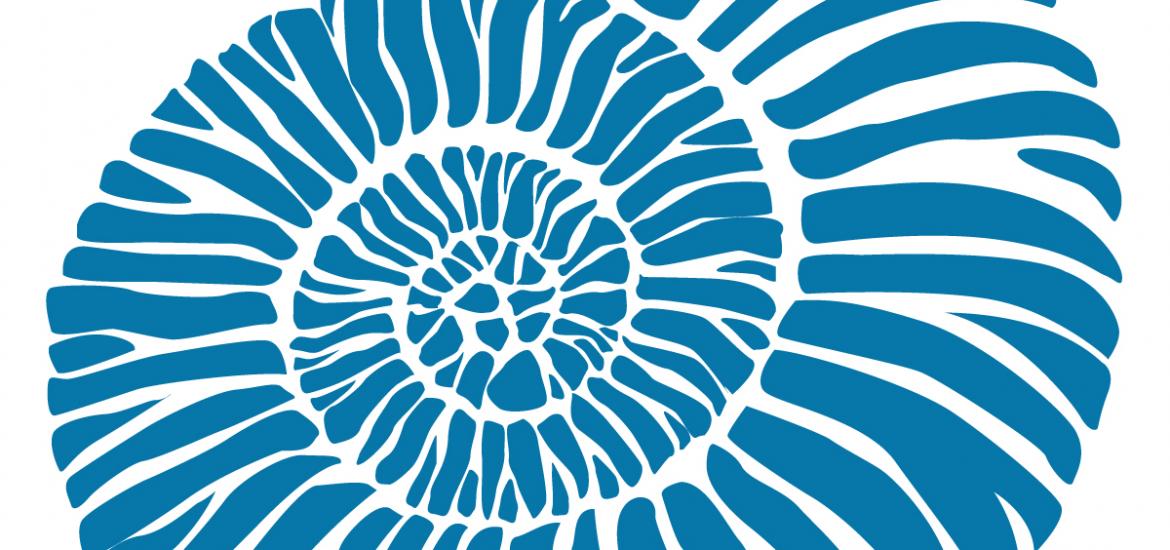- Home
- All News Overview
- Launch of New PAGES Working Group Q-MARE

Wednesday, 12 January, 2022
In January 2022, a new working group joins the PAGES family with the title Q-MARE: Disentangling climate and pre-industrial human impacts on marine ecosystems.
Q-MARE brings together scientists from different disciplines to disentangle past climate and human-induced changes and explore the timing and scale of human impacts on Quaternary marine ecosystems by combining paleontological, paleoclimatic, archaeological, and historical data.
The group aims to produce new results on biodiversity loss under natural climate variability and the sustainability of both ecosystems and societies under the low CO2 emission levels of the pre-industrial world.
Moreover, they will provide guidelines for the integration of observation data and proxy-based reconstructions with dynamic ecosystem models.
Co-led in its first year by Konstantina Agiadi from the University of Vienna, Austria, Bryony A. Caswell from the University of Hull, UK, Maria Bas from Forestal Catalana, Generalitat de Catalunya, Spain, Poul Holm from Trinity College Dublin, Ireland, and Jessica Lueders-Dumont from Princeton University, USA & Smithsonian Tropical Research Institute, Panama - the group will be kicking off its activities with a first meeting from 17 - 19 January.
The kick off meeting titled "Climate and pre-industrial human impacts on marine ecosystems: crossing disciplinary boundaries" will be taking place online. If you are interested in attending the Q-MARE kick-off meeting from 17 - 18 January 2022 (open to everyone; 19 January by invitation only), register here for the zoom link.
Find out more about the event and take a look at the schedule here.
PAGES wishes the group much success and looks forward to seeing the results of their work together.
> Contact the Q-MARE leaders
> Join the Q-MARE mailing list
> Follow Q-MARE on Twitter
